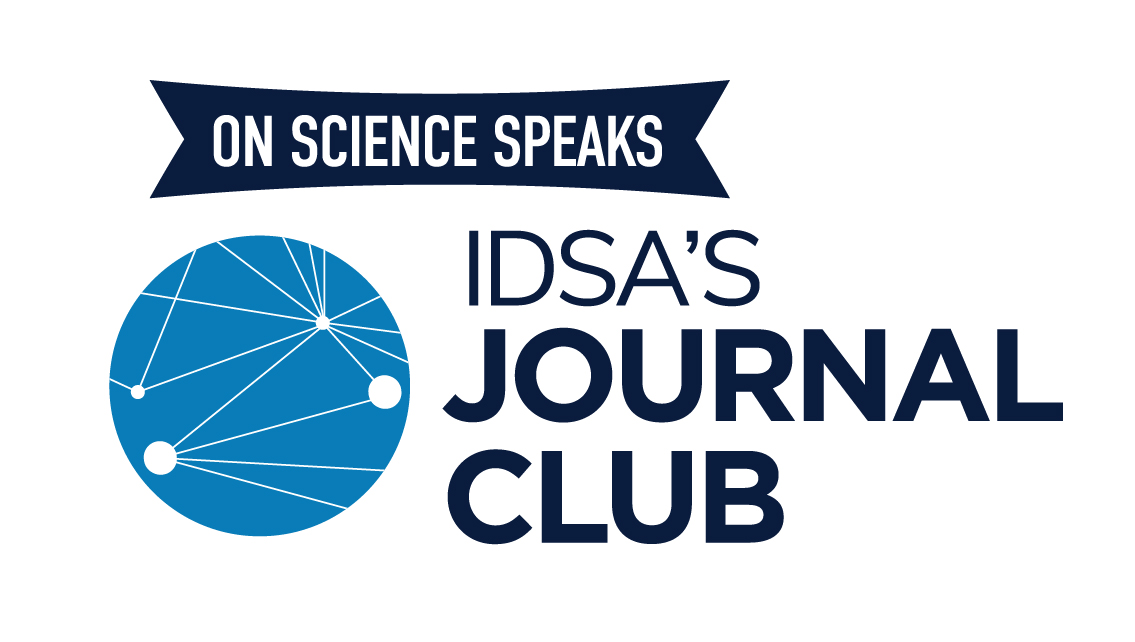 Following the latest infectious diseases fellowship match results, intense debate has risen among ID physicians as to the root causes of unfilled fellowship spots, including lower compensation relative to other internal medicine subspecialties despite the cognitive demands of our field. Other contributors (that are well discussed by Wendy Armstrong, MD, FIDSA, in a recent MyIDSA post [member login required]) include the increase in the number of ID fellowship positions and a relative decrease in applications from international medical graduates. A recent study published in Open Forum Infectious Diseases provides insight into just how cognitively demanding our field is.
Following the latest infectious diseases fellowship match results, intense debate has risen among ID physicians as to the root causes of unfilled fellowship spots, including lower compensation relative to other internal medicine subspecialties despite the cognitive demands of our field. Other contributors (that are well discussed by Wendy Armstrong, MD, FIDSA, in a recent MyIDSA post [member login required]) include the increase in the number of ID fellowship positions and a relative decrease in applications from international medical graduates. A recent study published in Open Forum Infectious Diseases provides insight into just how cognitively demanding our field is.
The authors reviewed three measures of cognitive complexity across ID, rheumatology, endocrinology and nephrology: number of UpToDate articles, number of recommendations from active guidelines and new agents approved by the Food and Drug Administration from 1985 to 2021. ID has more UpToDate articles (1,402 vs. 794-848), number of recommendations from active guidelines (1,903 vs. 550-1,270) and new FDA-approved agents (189 vs. 77-92). Despite this, the average starting salary for an assistant professor in ID is $197,152 (vs. $199,925-$232,120).
While this article provides insight into how ID compares to other subspecialties on the lower end of the physician compensation scale, it might be of benefit to consider a comparison to a better compensated field: hematology-oncology. Hematology-oncology is also a cognitively complex field with a wide array of ever-changing chemotherapeutic and immunomodulatory medications being continually developed and deployed in a wide variety of disease states. There are several possible reasons why compensation in hematology-oncology has been preserved. To start, only oncologists can write prescriptions for chemotherapy. While this may be at least partially because of the potential for severely toxic side effects from chemotherapy, the emergence of antimicrobial resistance from inappropriately deployed antimicrobial therapy can have severe consequences as well. While only allowing ID specialists the ability to prescribe any antibiotic is clearly unfeasible, the ability for any physician to prescribe certain broad-spectrum agents (e.g., ceftazidime-avibactam, ceftolozane-tazobactam, cefiderocol) deserves reconsideration.
The field of hematology-oncology also benefits immensely from strong public relations campaigns declaring a “war on cancer” and “moonshots” to cure cancer. These campaigns have contributed to robust research funding relative to ID. The pandemic has left us in a somewhat odd place in the sphere of public opinion, and educating the public and others about the value of ID specialists is likely in order.
IDSA is actively advocating for changes to the reimbursement structure of American health care as part of a comprehensive ID workforce strategy. While these efforts are happening, it might also benefit us to look to our colleagues who have navigated this landscape better than we have. Infusion centers, indwelling catheter placement and management, minor procedures (e.g., biopsies) and wound care all represent arenas in which reimbursement can be reimagined.
Perhaps, instead of looking sideways, we should be looking up.
